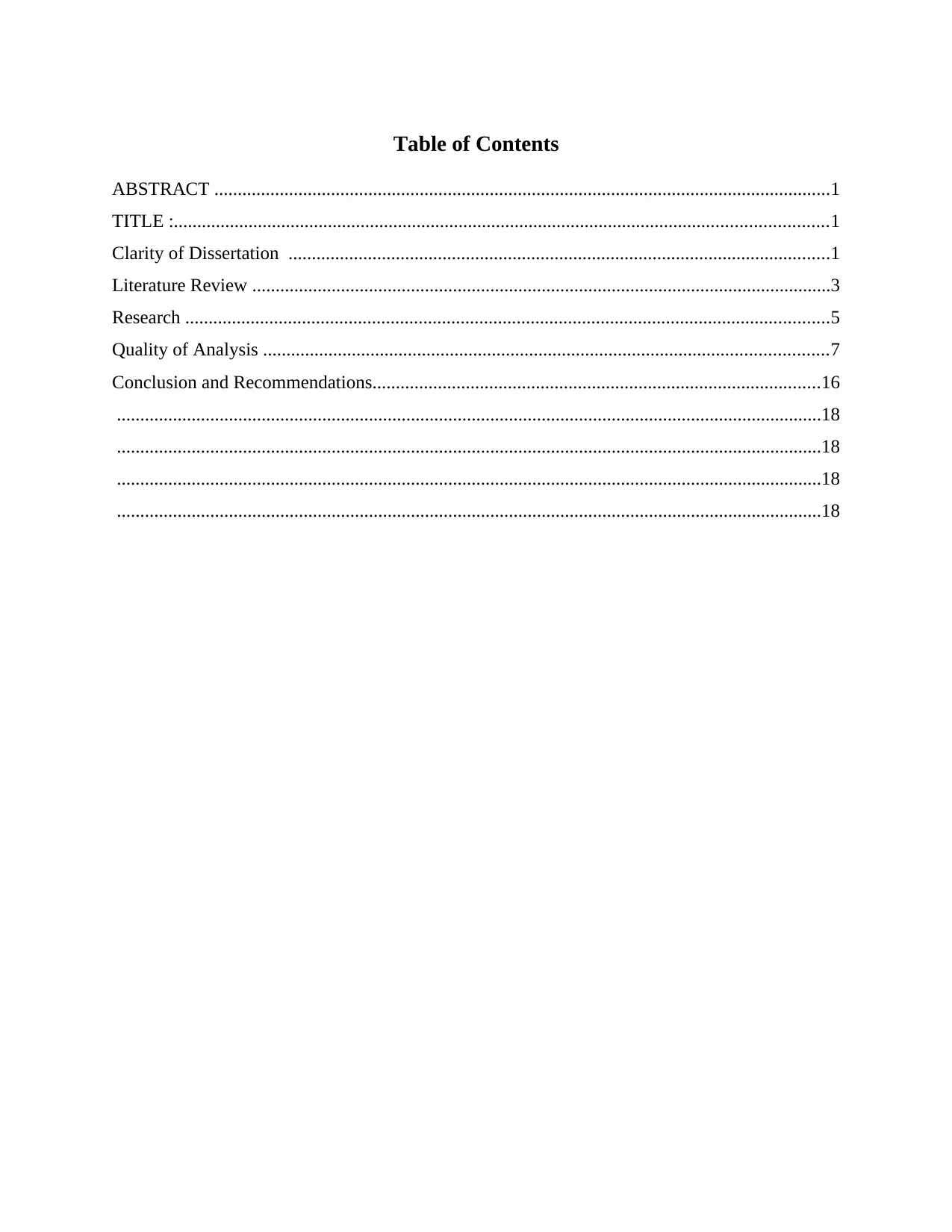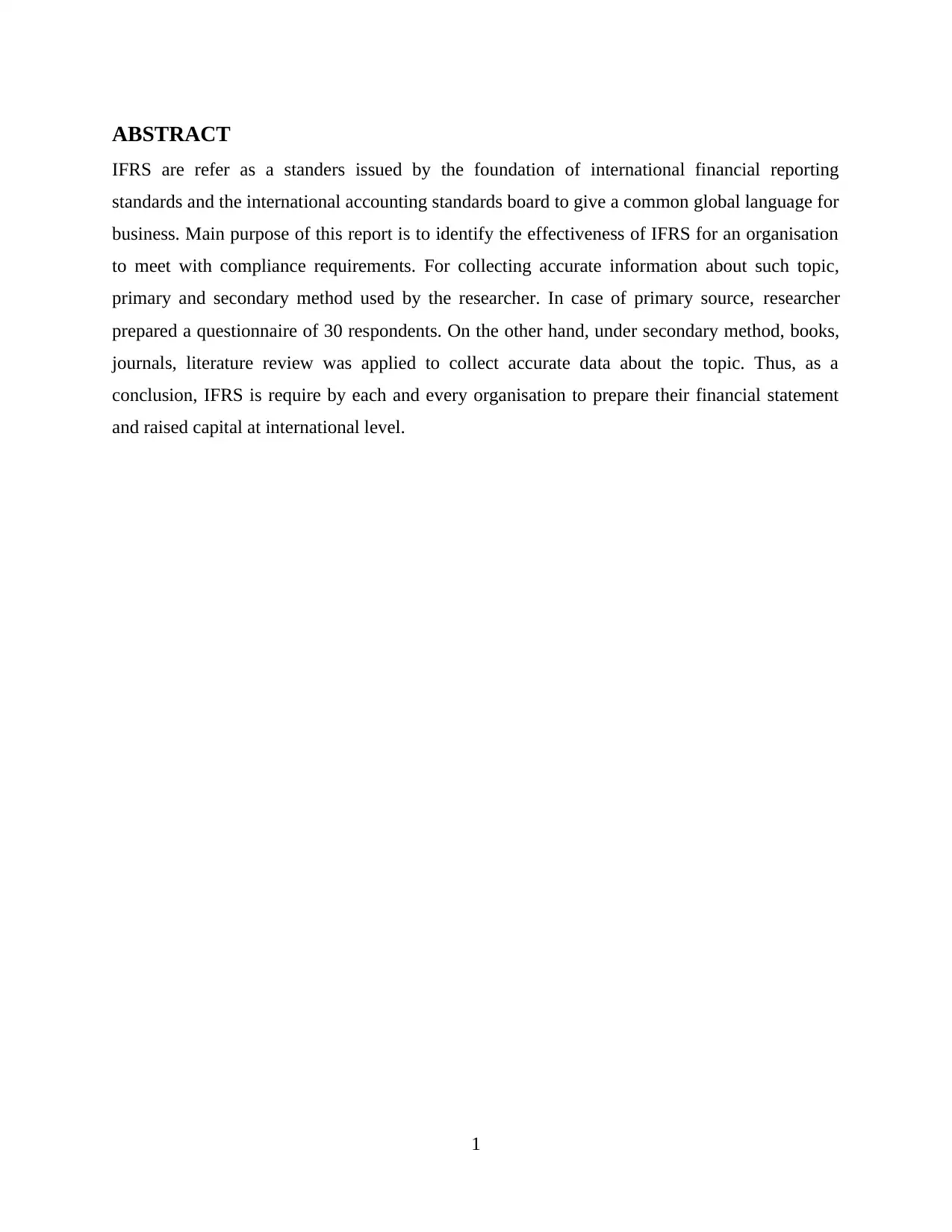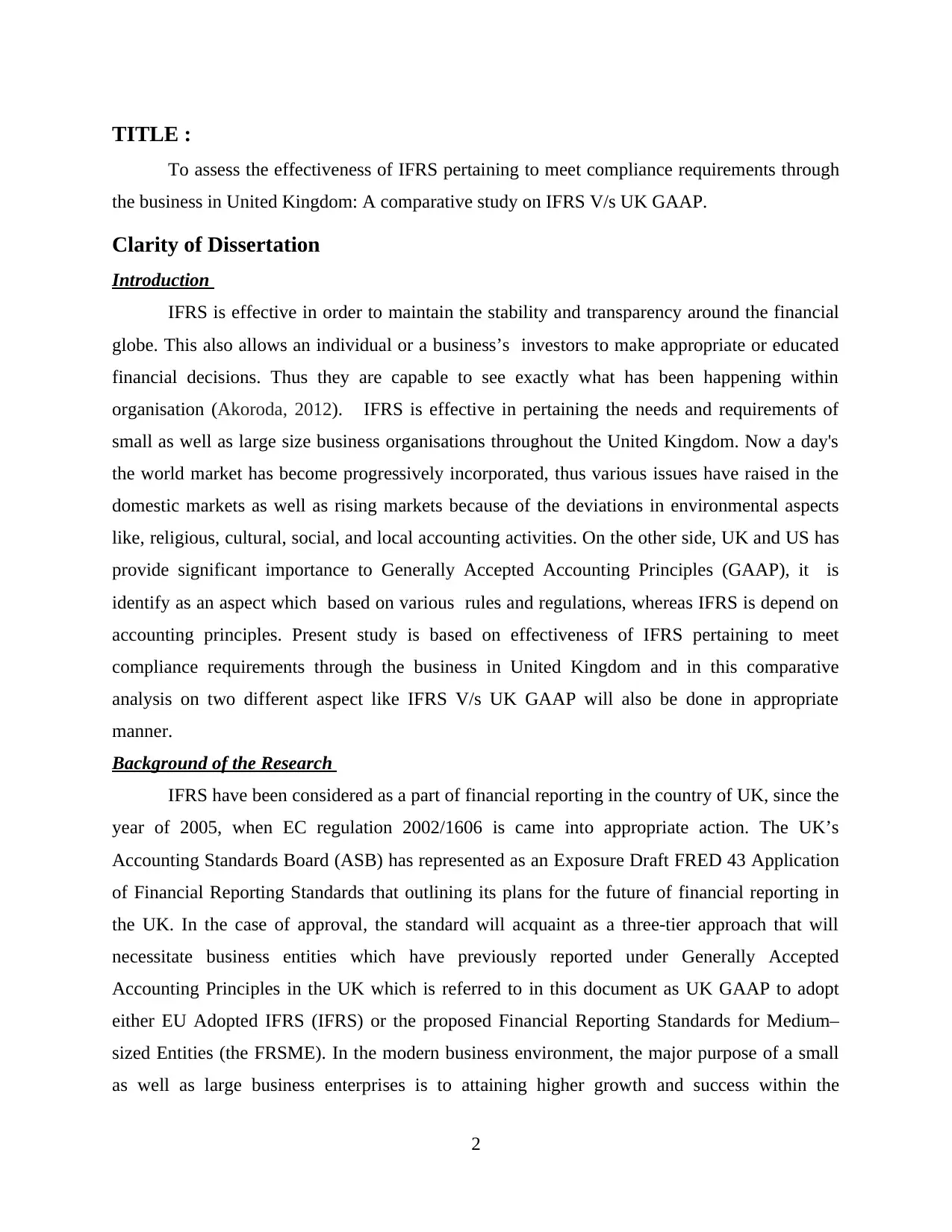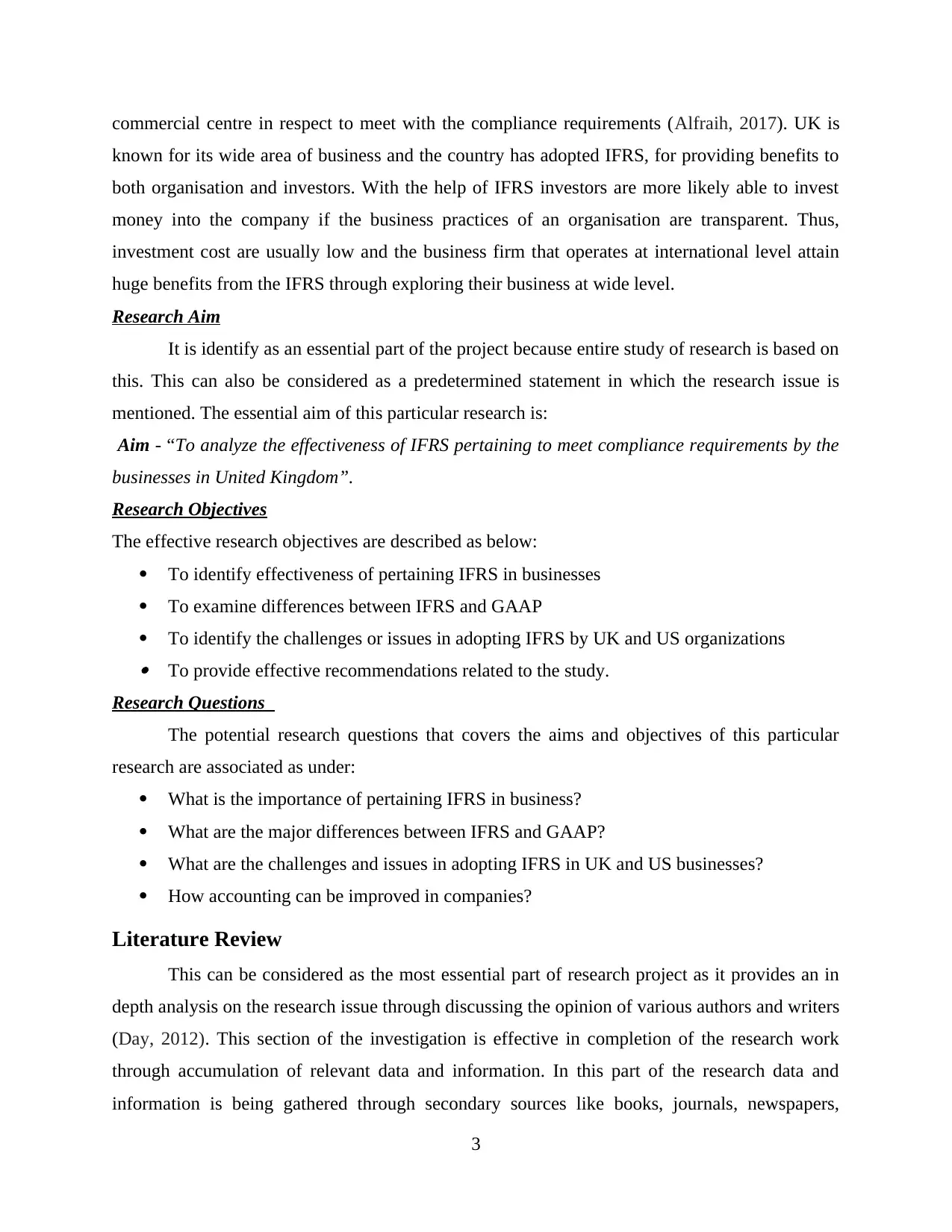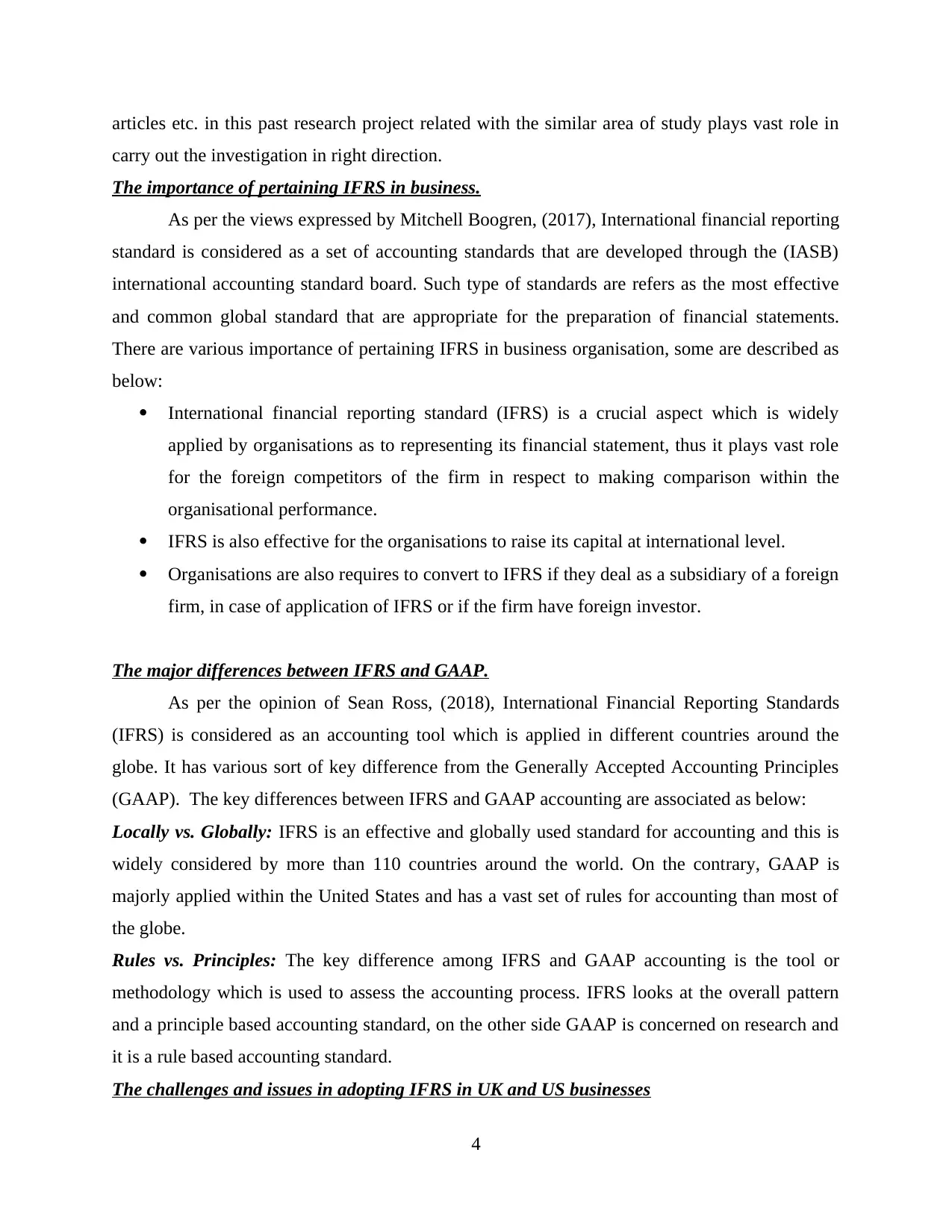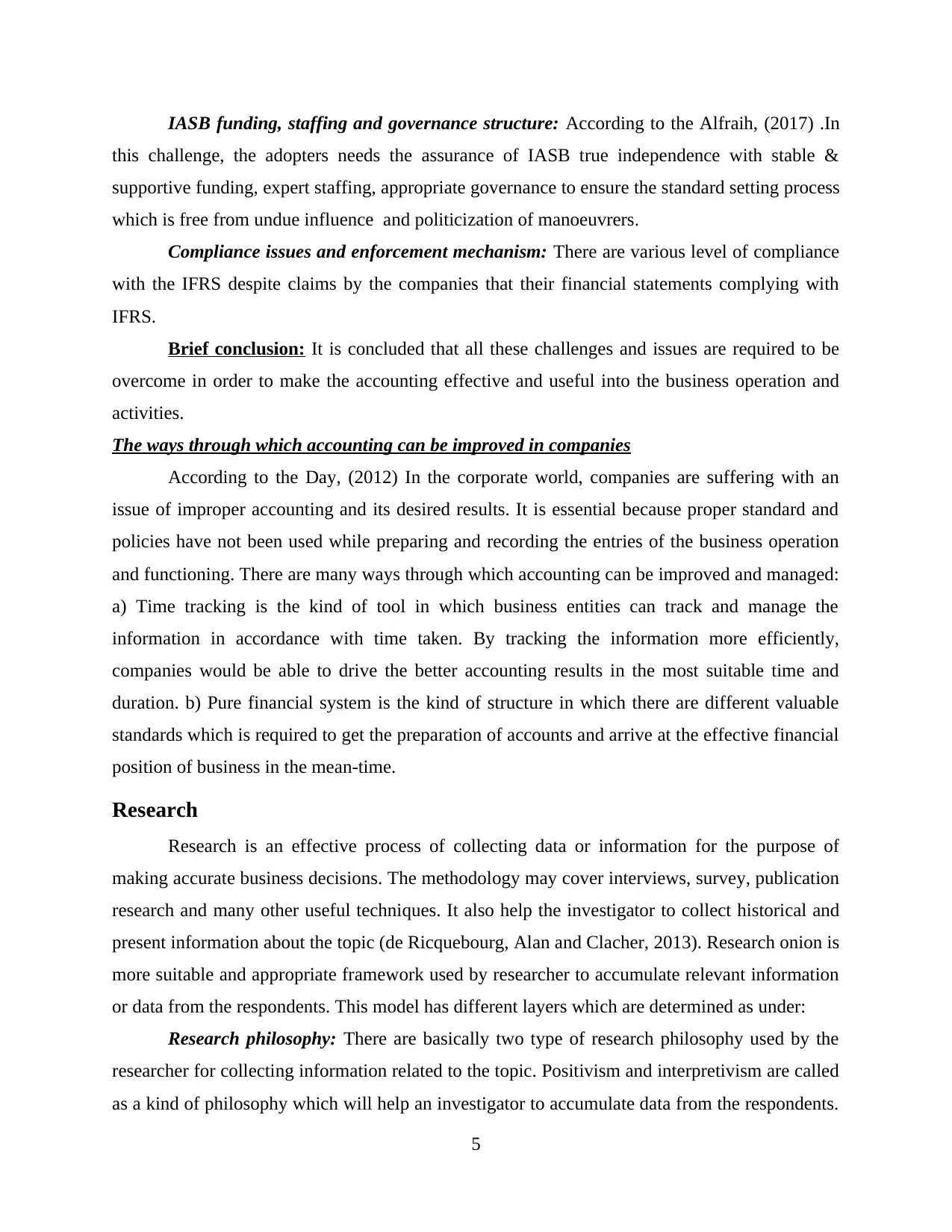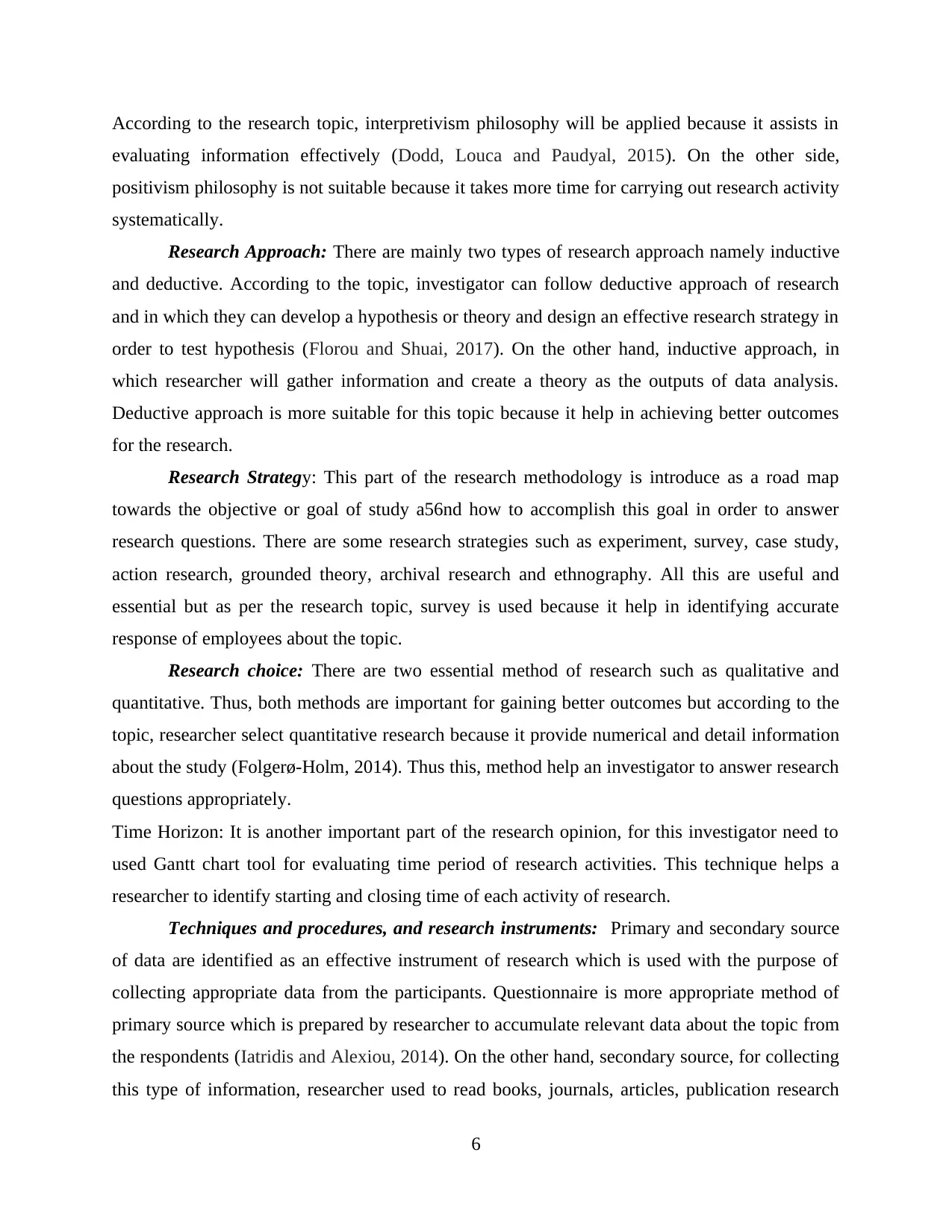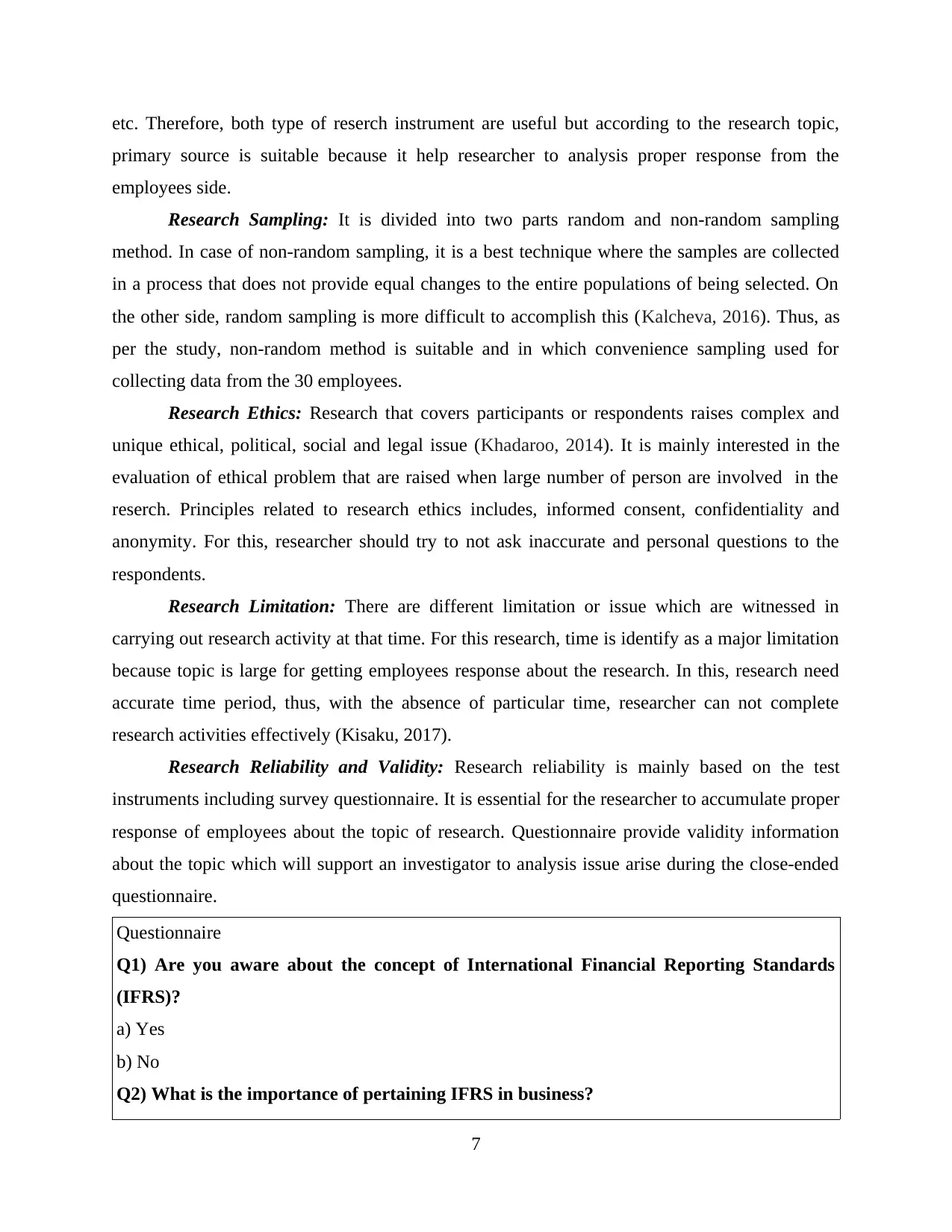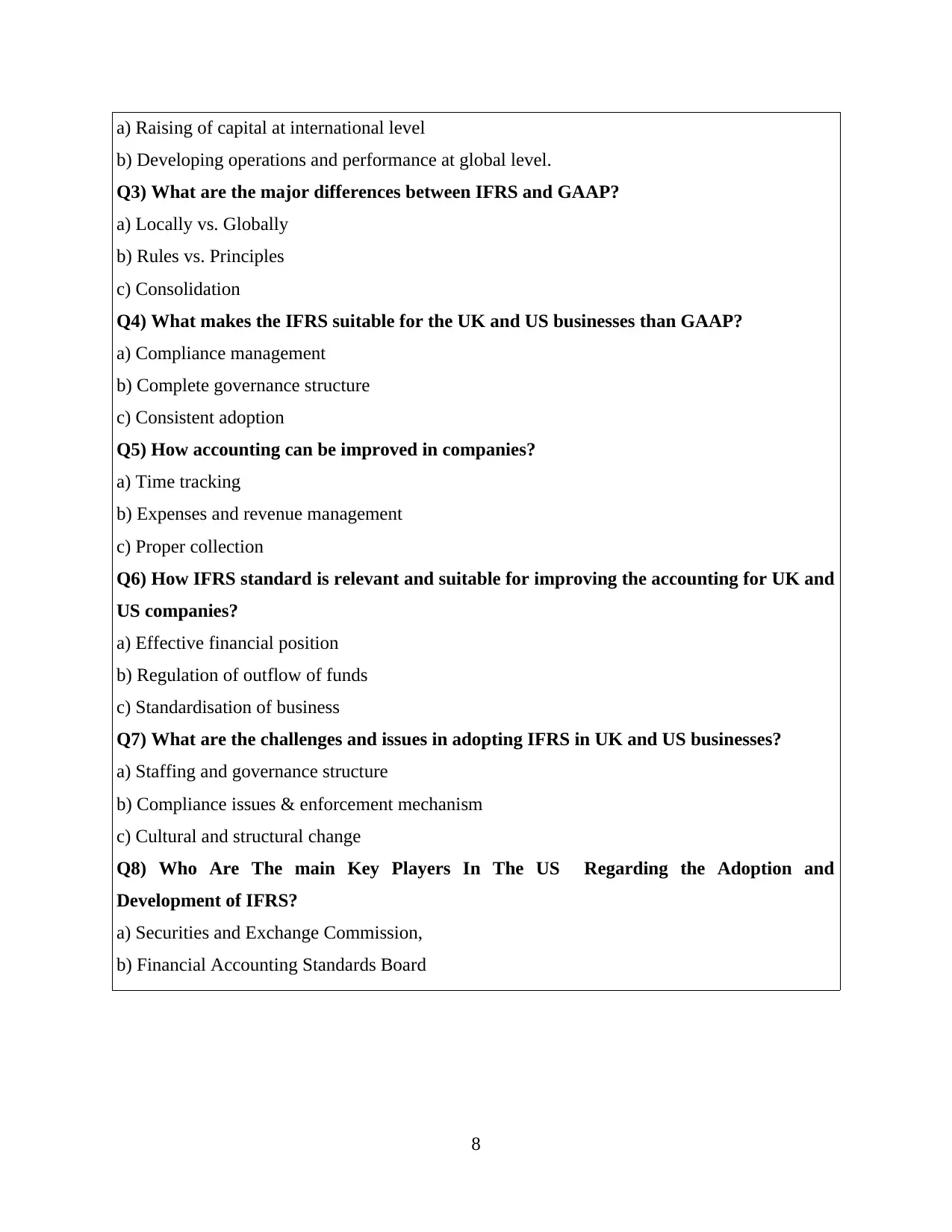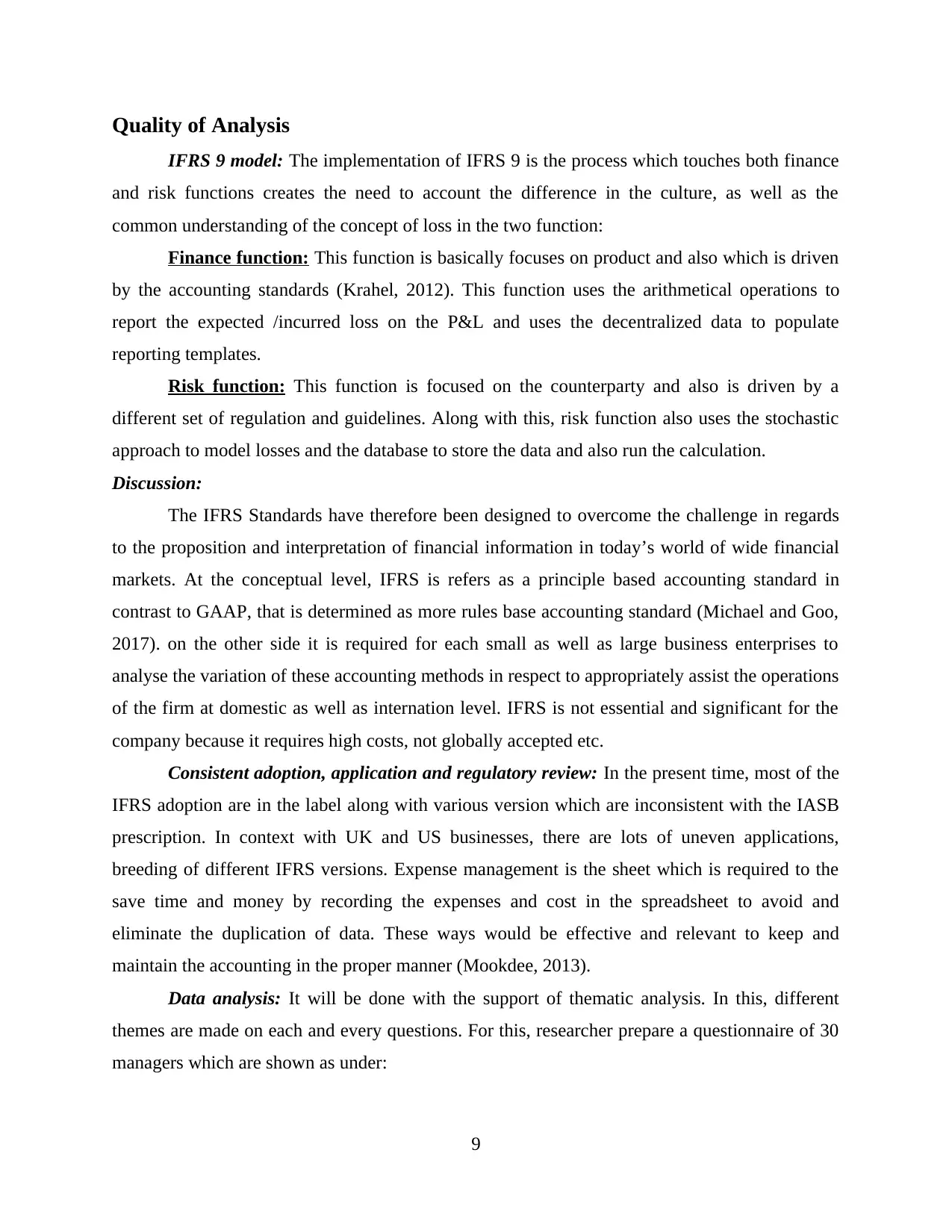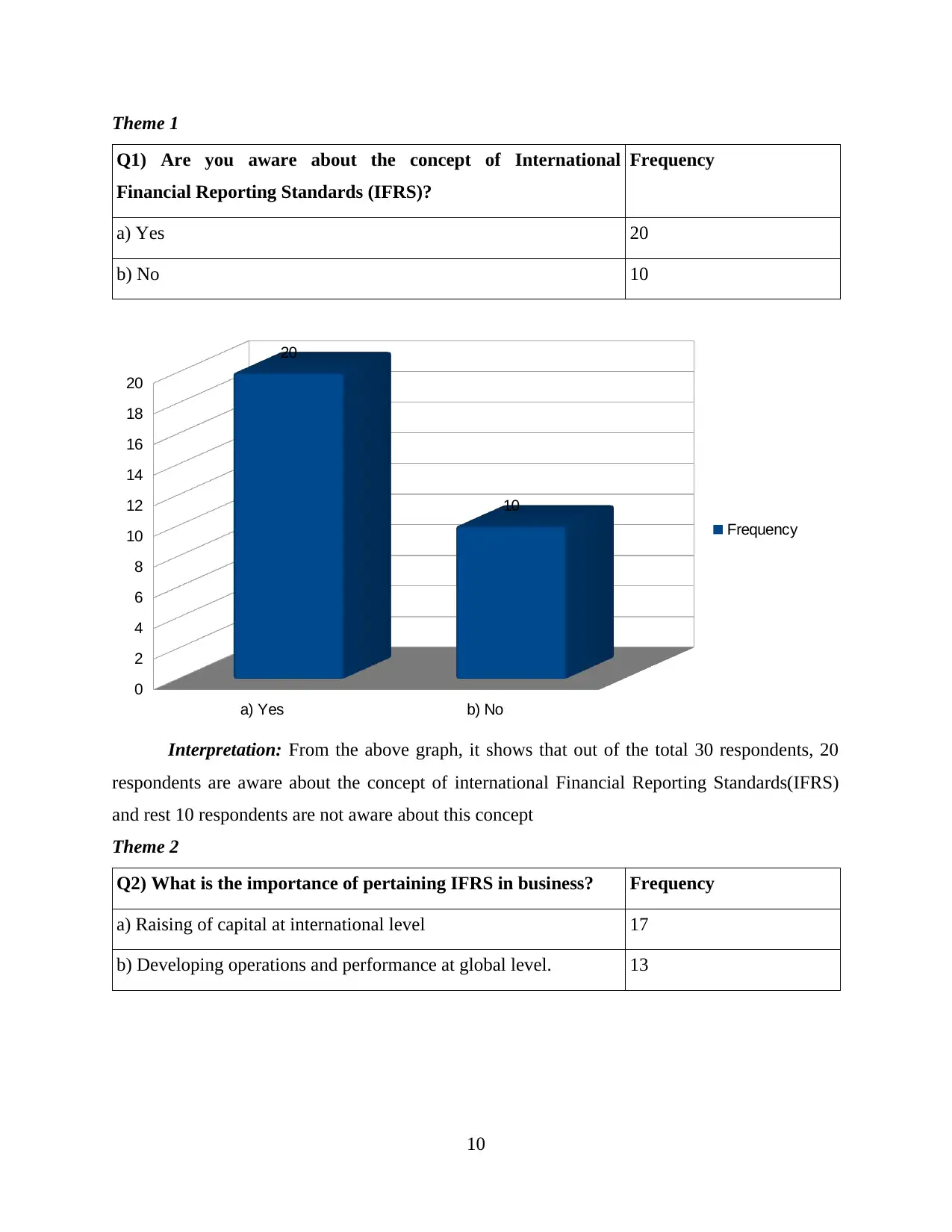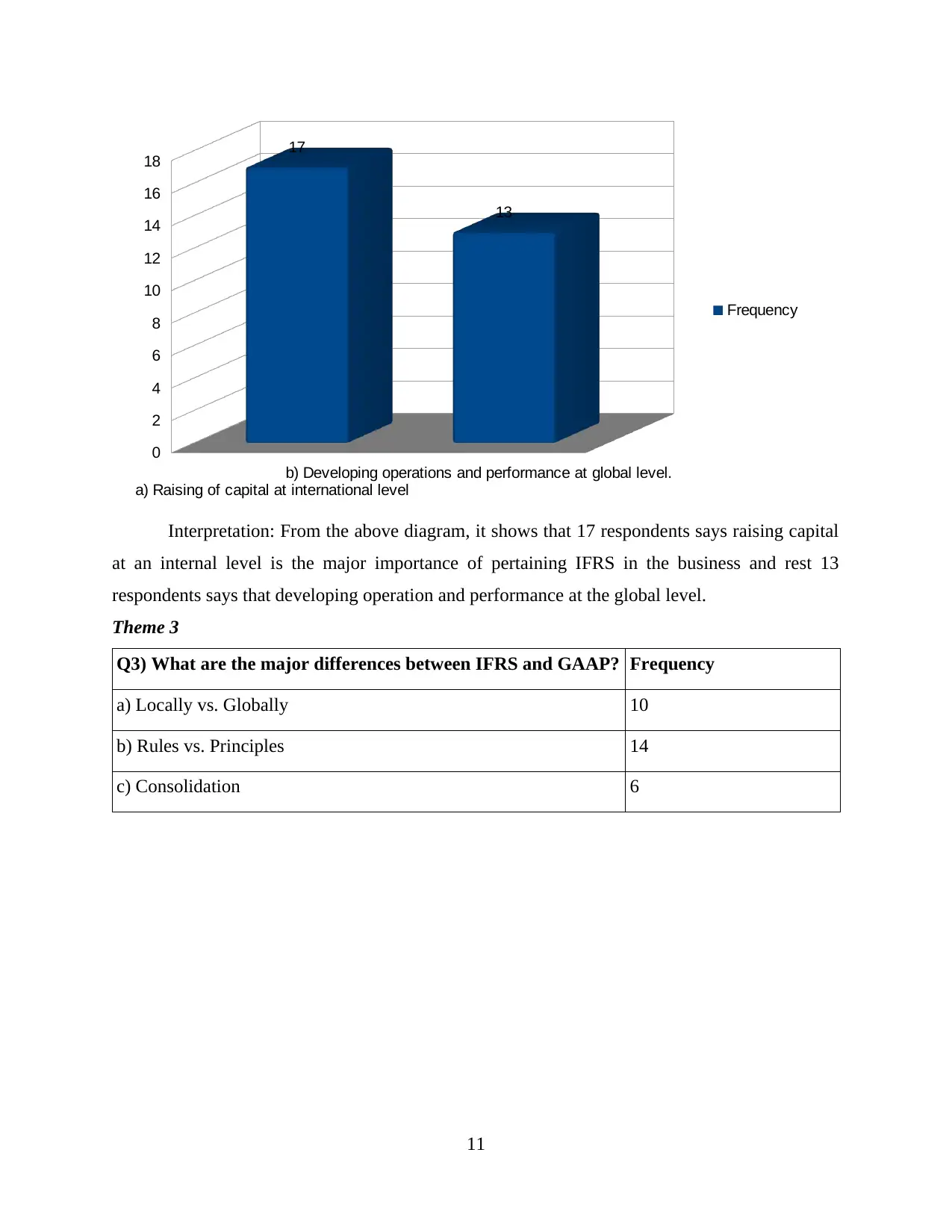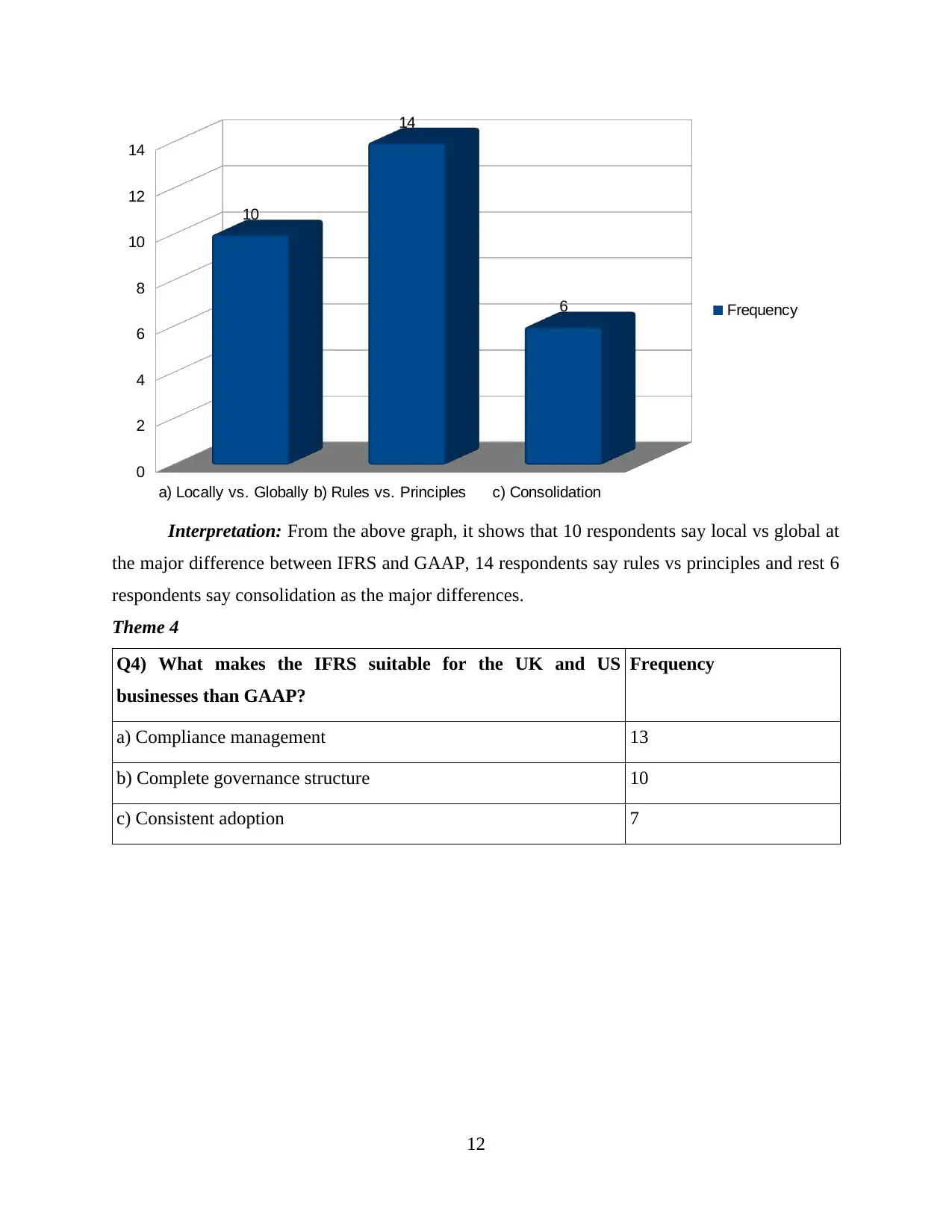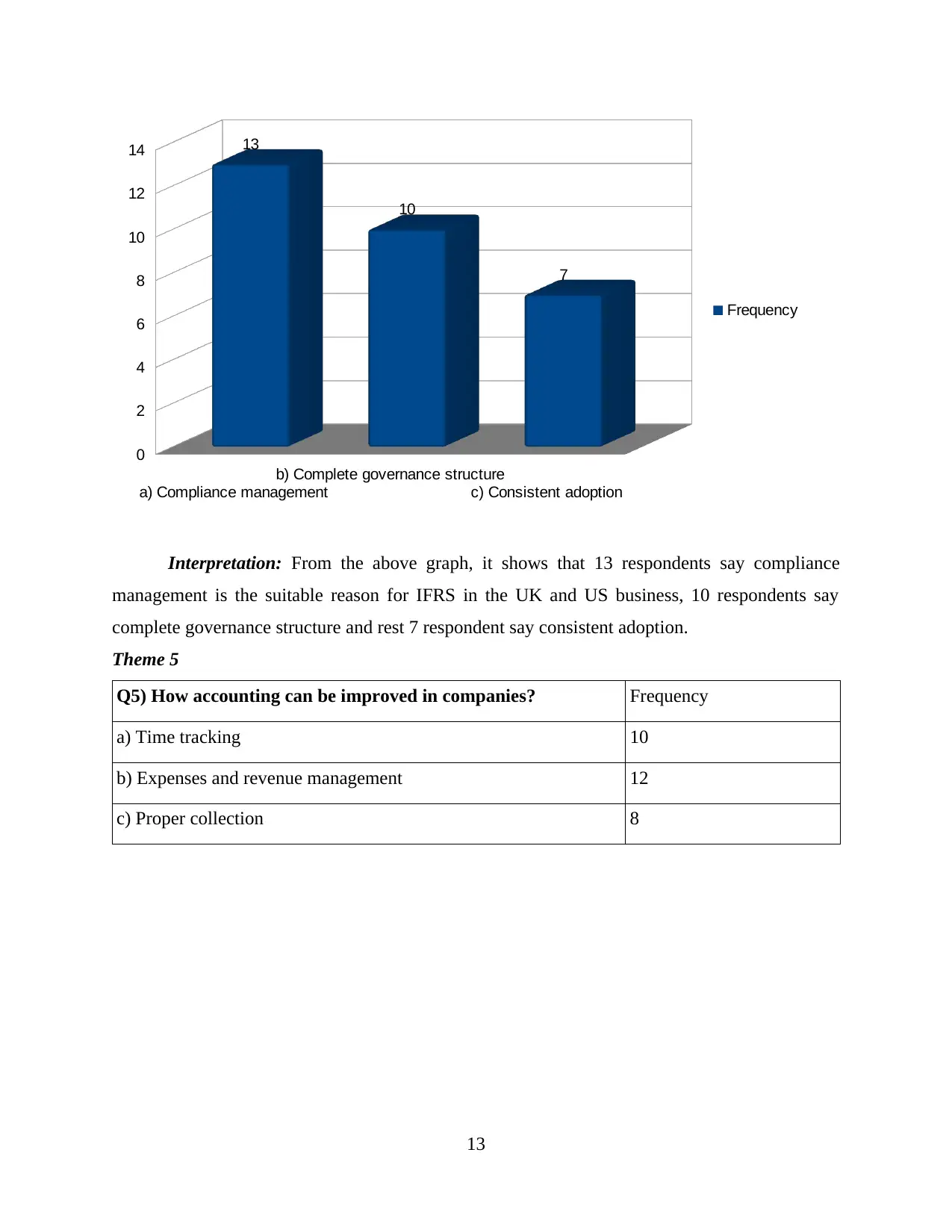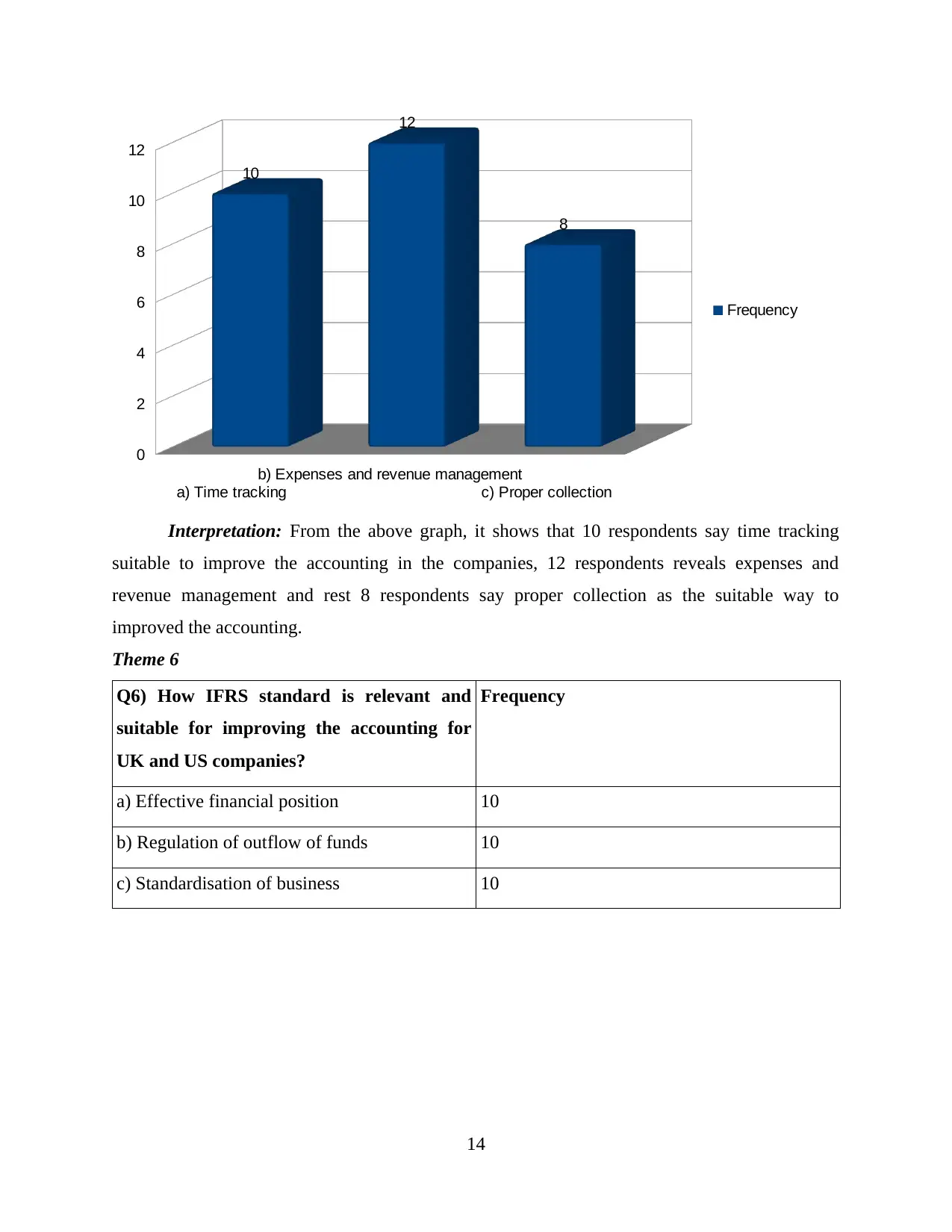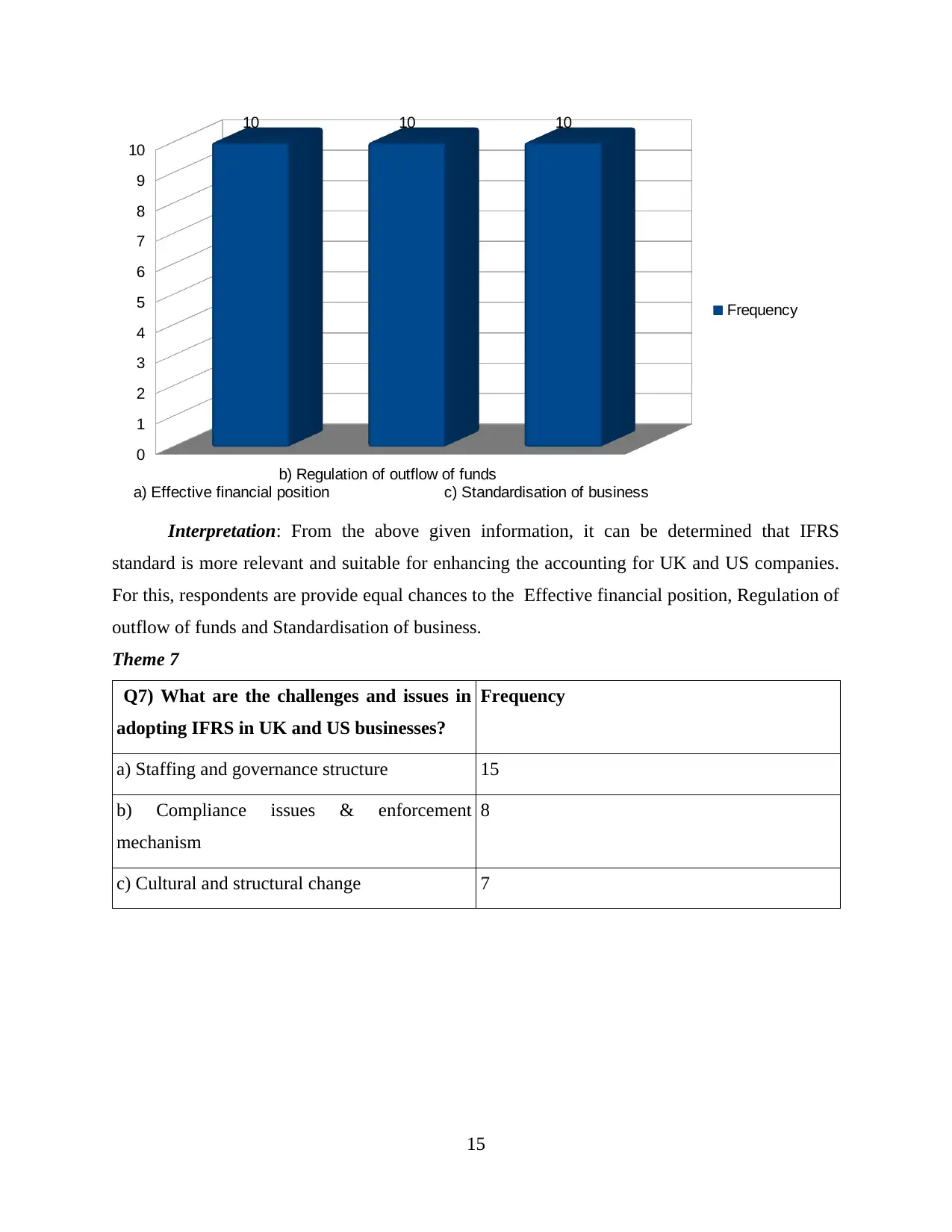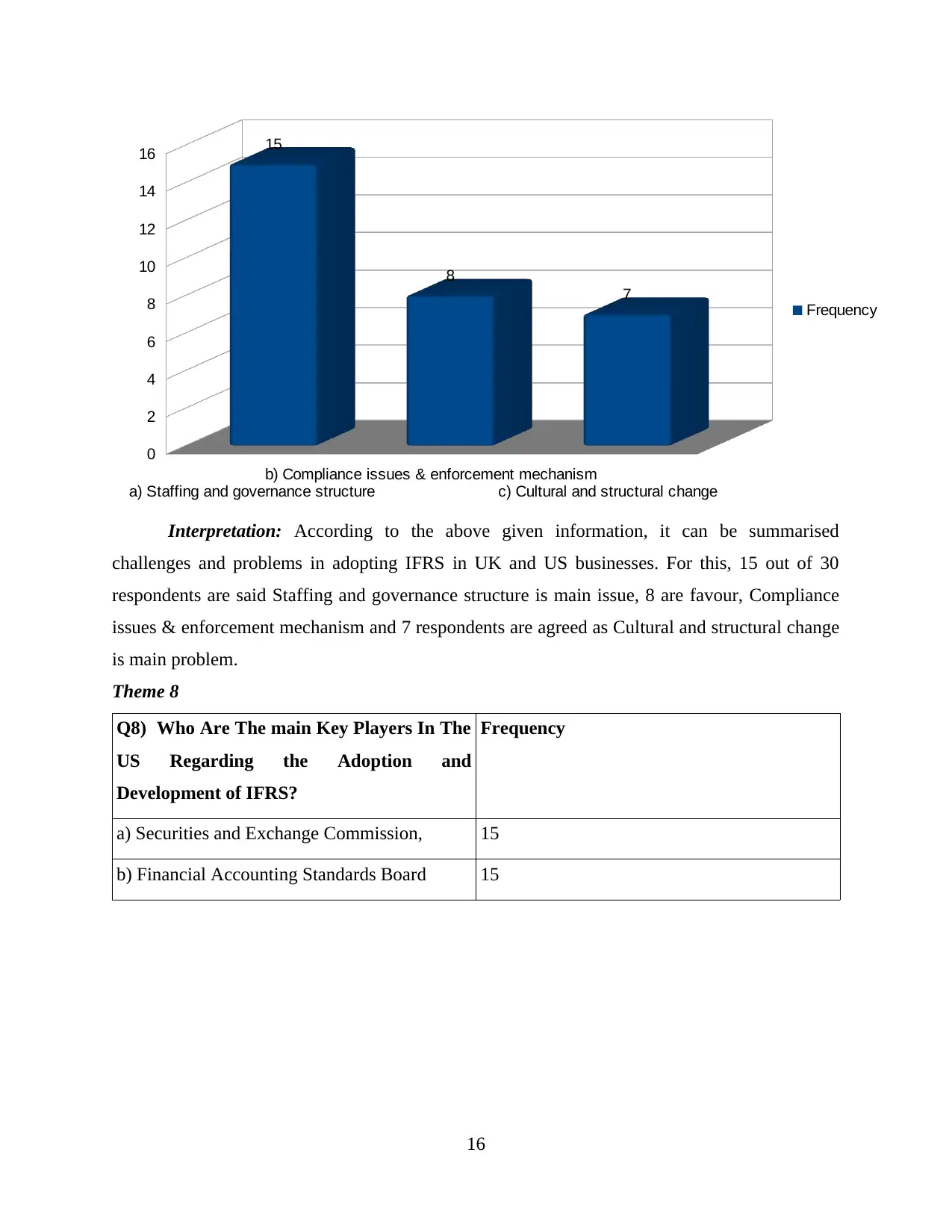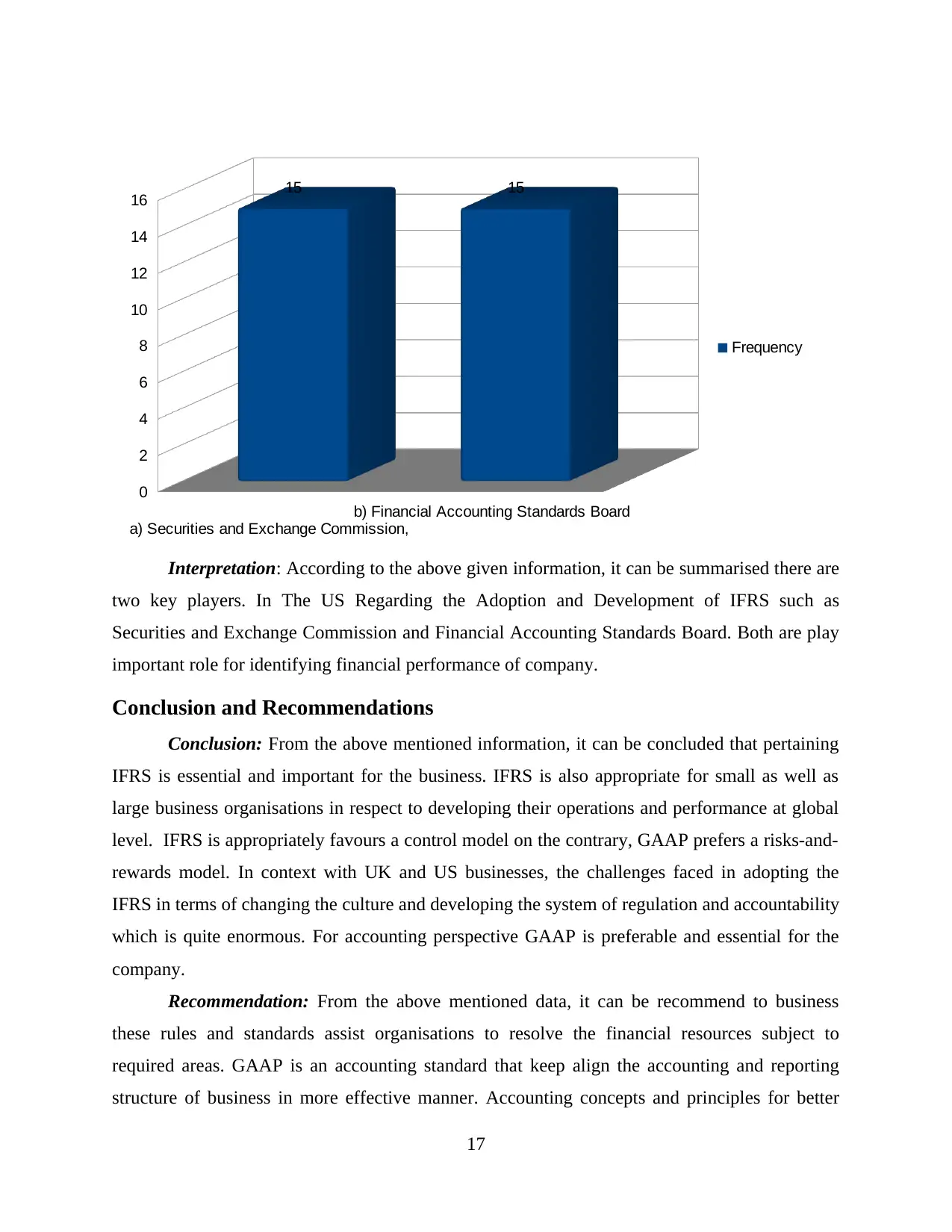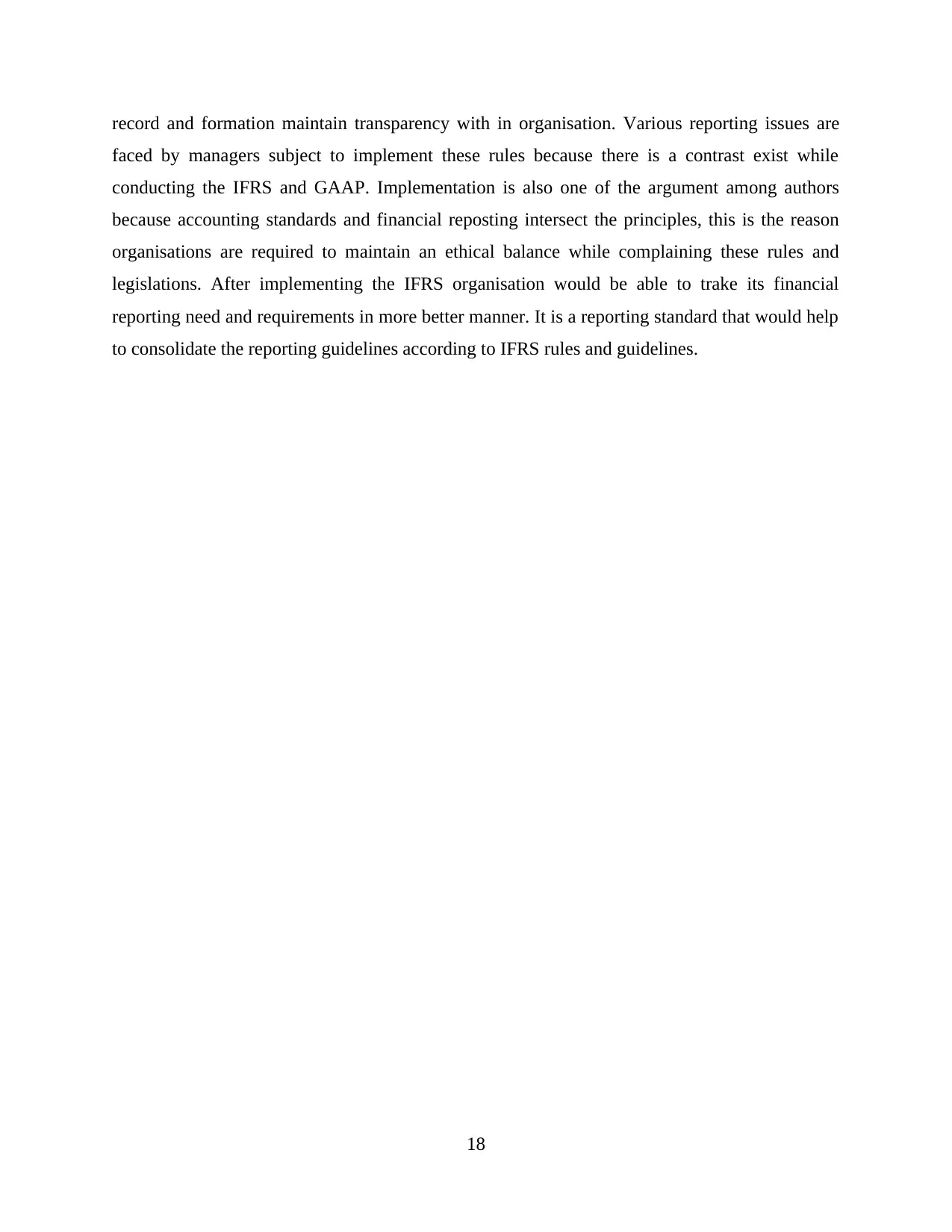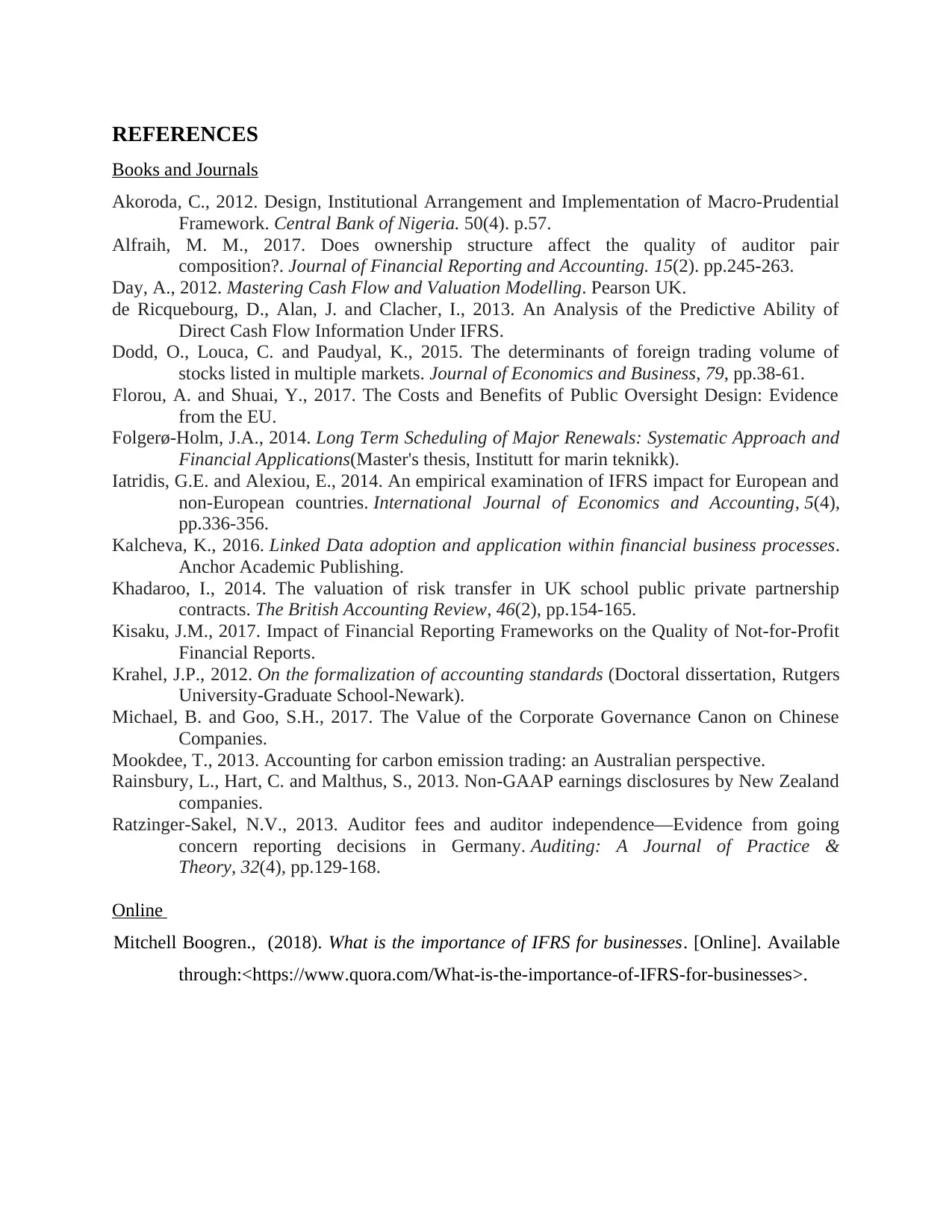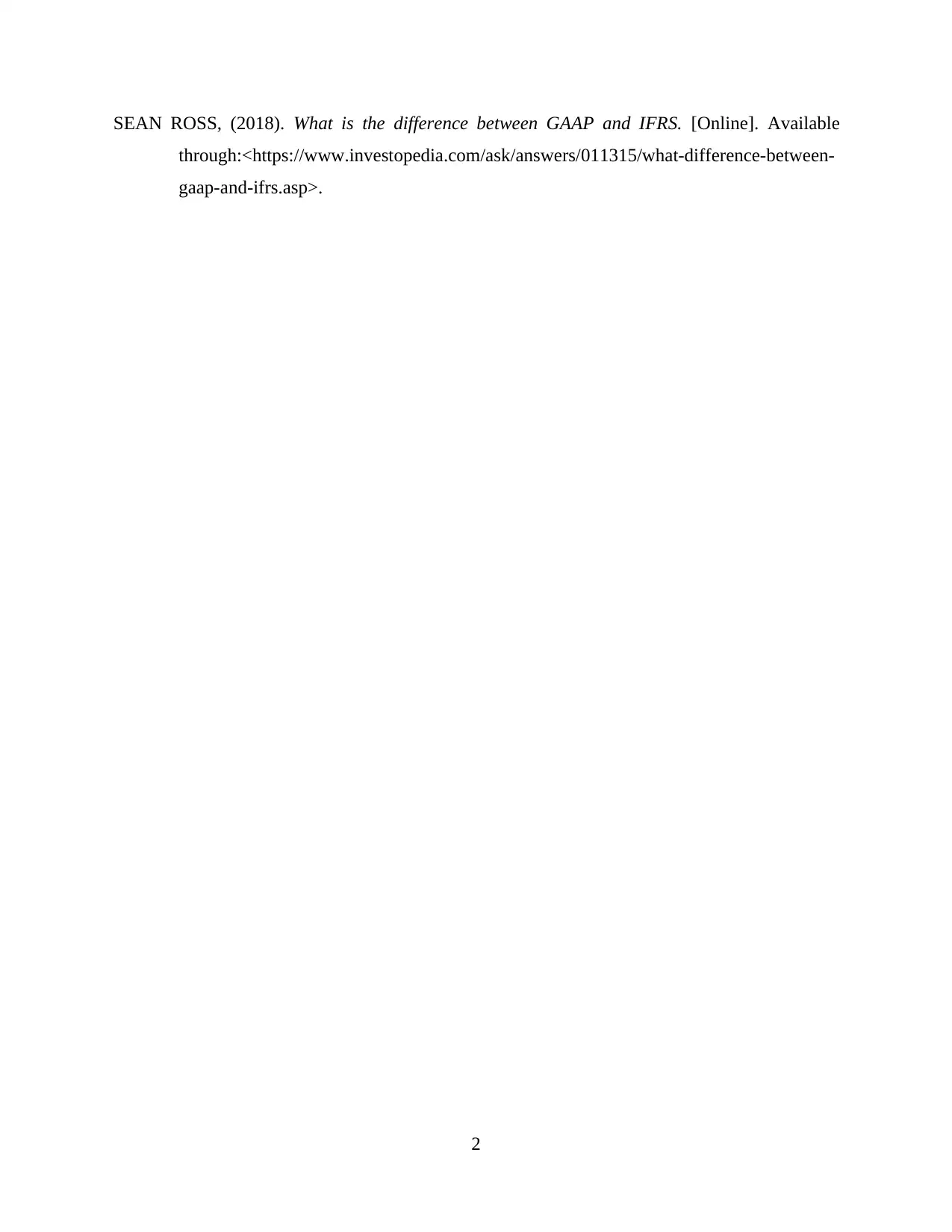The assignment provided is related to IFRS (International Financial Reporting Standards) reporting guidelines and standards. It involves analyzing the importance of IFRS for businesses, understanding the differences between GAAP (Generally Accepted Accounting Principles) and IFRS, and examining the impact of financial reporting frameworks on not-for-profit financial reports. The assignment also includes a discussion on the predictive ability of direct cash flow information under IFRS, as well as an analysis of the costs and benefits of public oversight design in EU countries. Additionally, it covers the valuation of risk transfer in UK school public-private partnership contracts, impact of financial reporting frameworks on quality of not-for-profit financial reports, and accounting for carbon emission trading in Australian perspective.
![[object Object]](/_next/static/media/star-bottom.7253800d.svg)
![[object Object]](/_next/static/media/star-bottom.7253800d.svg)

